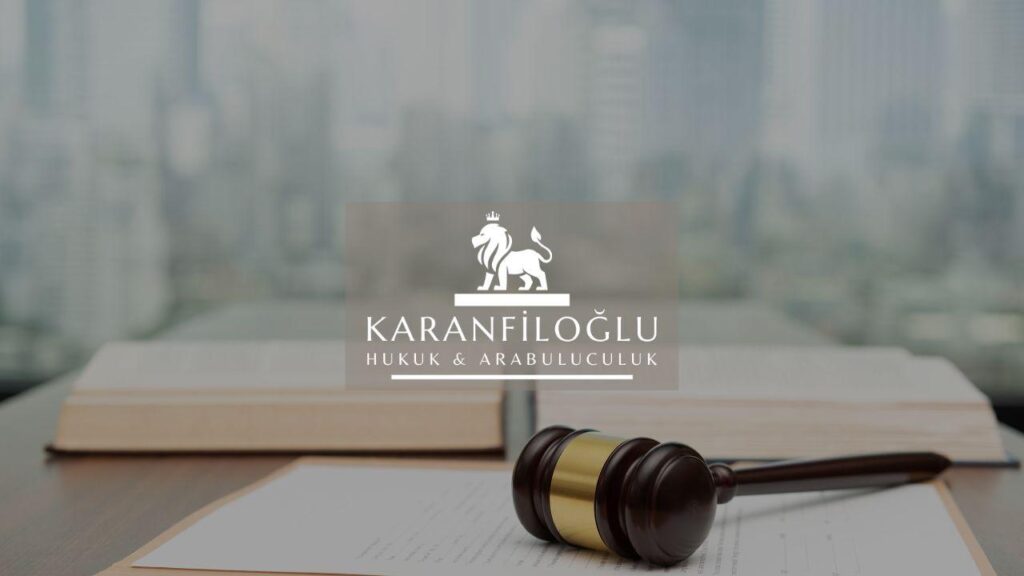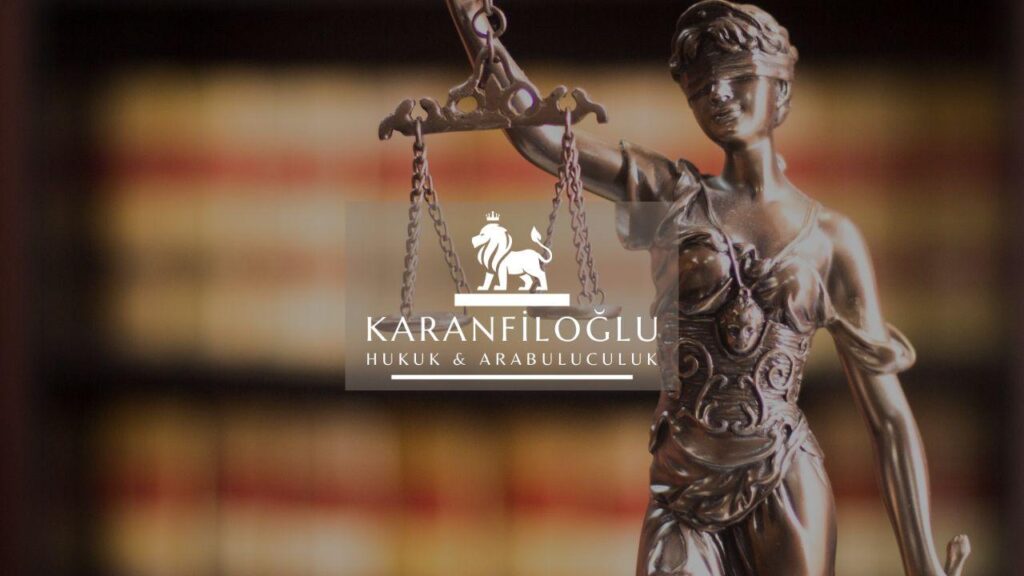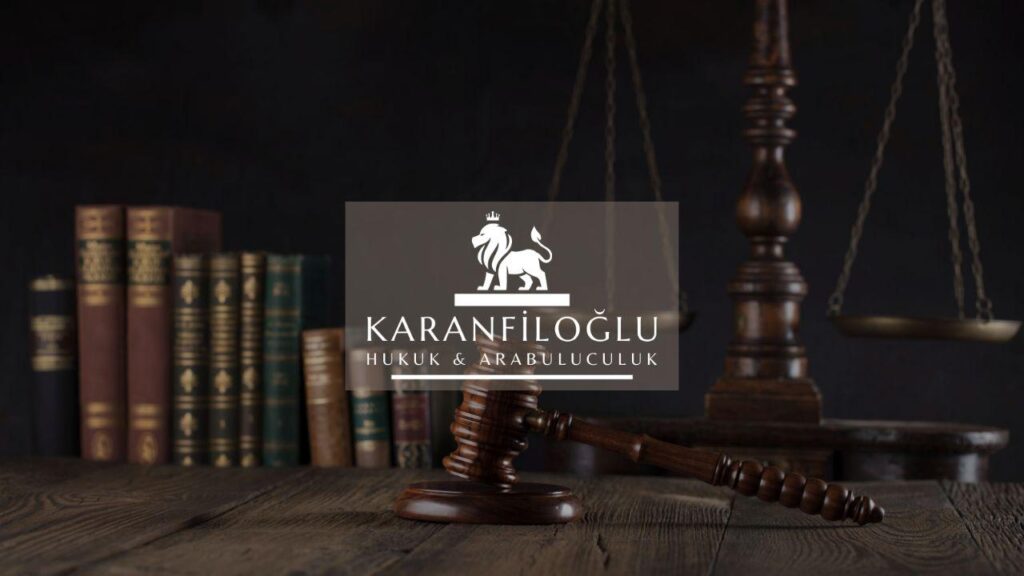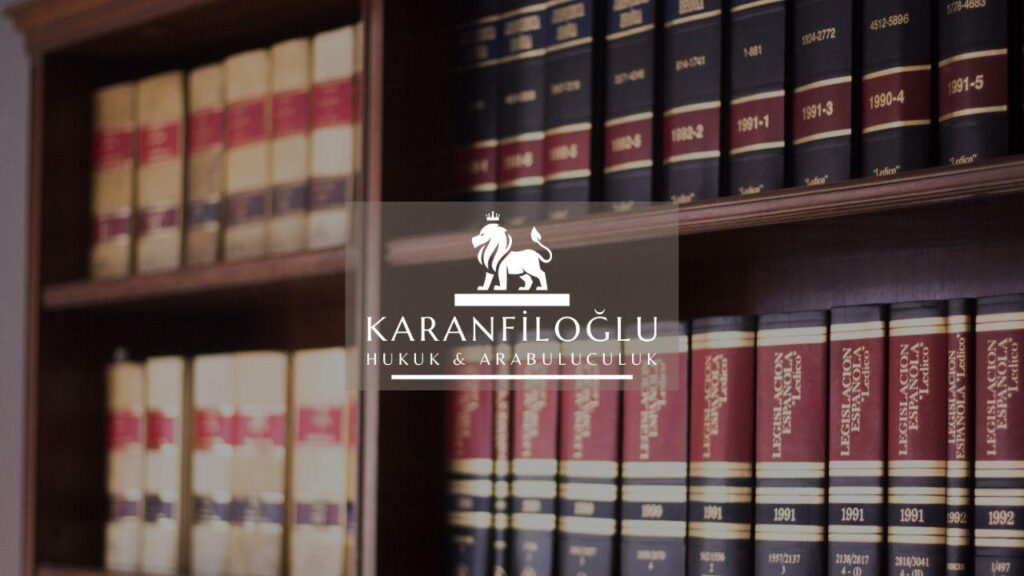Navigating the intricacies of drafting a lease agreement is an essential task for both landlords and tenants in Turkey. At Karanfiloglu Law Office, we understand that a well-constructed lease agreement is fundamental to safeguarding your rights and clarifying your obligations under Turkish law. This pivotal document not only outlines the terms and conditions of the tenancy but also serves as a binding legal contract that can prevent future disputes. Whether you are a seasoned property owner or a first-time tenant, comprehending the key components and legal requirements of a lease agreement can be daunting. Our expert team is here to provide you with comprehensive guidance to ensure your lease agreement is meticulously crafted and fully compliant with Turkish regulations.
Essential Clauses in Turkish Lease Agreements
One of the essential clauses in any Turkish lease agreement is the identification of the parties involved and a clear description of the rental property. This clause must specify the full legal names and contact information of both the landlord and the tenant, as well as the detailed address and characteristics of the property being leased. Such precise details help establish the legal identities of the parties and ensure there is no ambiguity about the property in question. This foundation is crucial for both parties to understand their roles and responsibilities within the agreement, ultimately serving as a key reference point throughout the duration of the lease.
Another crucial clause to include in a Turkish lease agreement is the specification of the rent amount, payment terms, and the deposit. It is imperative to clearly state the monthly rent, the date it is due, and the acceptable methods of payment to avoid any misunderstandings. In addition, both parties should agree on the amount of the security deposit, its purpose, and the conditions under which it will be returned or withheld at the end of the tenancy. Furthermore, the lease agreement should detail any additional costs or fees, such as maintenance charges or utility payments, to establish clear financial expectations. Setting forth these financial terms transparently helps protect the interests of both the landlord and the tenant, and ensures smooth financial transactions throughout the lease period.
In addition to identifying parties and stipulating financial terms, another pivotal clause in a Turkish lease agreement pertains to the duration of the lease and the terms of renewal or termination. This section must clearly indicate the start and end dates of the tenancy, along with any conditions related to extending the lease or giving notice for termination. Turkish law typically mandates a minimum notice period which varies depending on whether the lease is for residential or commercial use. Including explicit provisions for notice periods, early termination clauses, and renewal options can prevent misunderstandings and legal disputes. It is also advisable to outline the tenant’s and landlord’s rights and obligations during the notice period to ensure a smooth transition, whether the lease is being extended or terminated. By addressing these aspects, the lease agreement can provide a structured timeline for both parties and help foster a positive landlord-tenant relationship.
Rights and Responsibilities of Landlords and Tenants
In Turkey, it is crucial for both landlords and tenants to clearly understand their rights and responsibilities to prevent potential legal disputes. Landlords are obligated to provide a habitable property that meets all local health and safety standards, while tenants have the right to use the property as agreed in the lease. Conversely, tenants are responsible for paying rent on time, maintaining the property, and adhering to the lease terms. Landlords, on the other hand, have the right to receive rent punctually and reclaim their property at the end of the lease term, provided all conditions are met. By explicitly outlining these rights and responsibilities in a lease agreement, landlords and tenants can foster a transparent and mutually beneficial relationship.
Furthermore, ensuring that both parties understand the procedures for resolving disputes is essential. Turkish law provides a framework for addressing breaches of contract, such as non-payment of rent or failure to perform maintenance obligations. Including a clear dispute resolution clause in the lease agreement can offer a predetermined path for mediation or arbitration, which can be more efficient and cost-effective than court proceedings. Additionally, detailing the process for terminating the lease—whether due to breach or mutual agreement—helps prevent misunderstandings and protects both parties’ interests. At Karanfiloglu Law Office, we emphasize the importance of including these provisions to mitigate potential conflicts and ensure a harmonious leasing relationship.
Incorporating comprehensive insurance requirements and adherence to local regulations within the lease agreement further reinforces the security for both parties. Landlords might require tenants to obtain renter’s insurance to cover potential damages or liability issues, while also ensuring that the property complies with zoning laws and local ordinances. Compliance with Turkish laws, such as the Turkish Code of Obligations, which outlines specific landlord and tenant obligations, is critical to validating the lease agreement. By addressing these elements, the lease agreement not only serves as a robust legal document but also promotes peace of mind and reduces the likelihood of future disputes. At Karanfiloglu Law Office, we are dedicated to helping our clients navigate these legal complexities to create clear, enforceable lease agreements that stand the test of time.
Legal Pitfalls to Avoid When Drafting a Lease
When drafting a lease agreement in Turkey, one of the critical legal pitfalls to avoid is the lack of specificity regarding the terms of the tenancy. Ambiguities in clauses related to rent amount, payment schedule, duration of the lease, and responsibilities for maintenance and repairs can lead to contentious disputes between the landlord and tenant. It’s essential to outline these terms with clear and precise language to prevent misinterpretation. Furthermore, neglecting to include provisions for renewal options and conditions for eviction can create significant legal challenges down the road. At Karanfiloglu Law Office, we emphasize the importance of thoroughness and clarity in your lease agreements to ensure all parties have a mutual understanding of their rights and obligations, thereby avoiding potential legal complications.
Another significant legal pitfall in drafting a lease agreement is neglecting to comply with the mandatory provisions under Turkish law, particularly those outlined in the Turkish Code of Obligations. Failure to adhere to these statutory requirements can render portions of the lease invalid or unenforceable. For example, specific provisions regarding the termination of the lease, security deposits, and the landlord’s right to increase the rent are governed by the Code and must be meticulously followed. Additionally, overlooking clauses that address the resolution of disputes through mediation or arbitration can expose both parties to prolonged and costly litigation. At Karanfiloglu Law Office, we ensure that your lease agreement is not only comprehensive but also fully compliant with Turkish legal standards, thereby safeguarding your interests and minimizing the risk of legal pitfalls.
Finally, another common pitfall is failing to address the specifics of subleasing and transfer of the lease agreement. Many landlords neglect to stipulate whether subleasing is permitted and under what conditions, which can lead to unauthorized subtenants occupying the property. Similarly, without clear terms outlining the process and approval needed for transferring the lease to a new tenant, disputes and legal complications are likely to arise. Including detailed clauses that govern subleasing and the transfer process ensures both parties are aware of their rights and responsibilities, thus preventing unauthorized occupancy and ensuring a smooth transition if the lease is transferred. At Karanfiloglu Law Office, we ensure your lease agreement is thorough in addressing these critical areas, providing a solid legal framework that prevents future disputes and aligns with your interests.
Disclaimer: This article is for general informational purposes only and you are strongly advised to consult a legal professional to evaluate your personal situation. No liability is accepted that may arise from the use of the information in this article.







